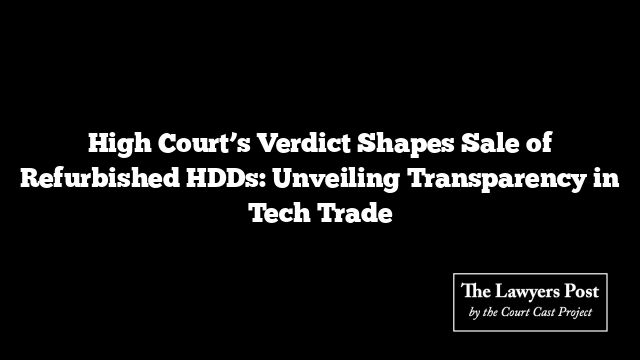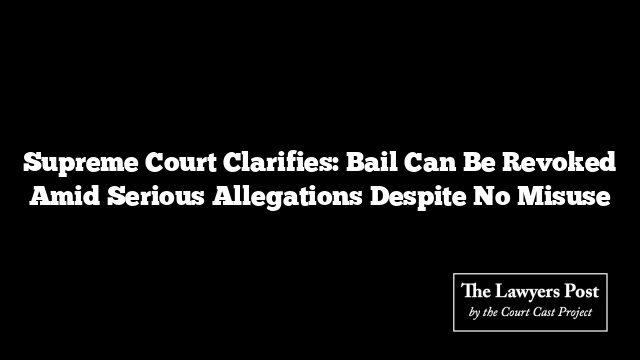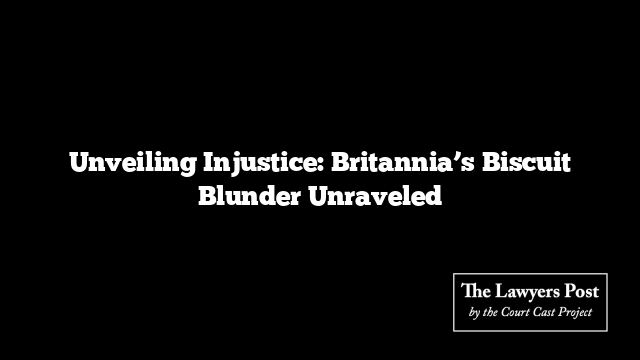In a landmark ruling echoing across tech markets, the Delhi High Court recently unfurled a series of directives illuminating the path for the sale of used and refurbished hard disk drives (HDDs). Under the spotlight of Seagate Technology LLC v Daichi International and associated cases, Justice Anish Dayal meticulously outlined the guidelines, steering the course of HDD trade.
With precision, Justice Dayal emphasized the importance of clarity in the presentation of refurbished products. He underscored that while acknowledging the original manufacturer, packaging should steer clear of any semblance that might mislead consumers into believing they are purchasing brand-new items. The court mandated the use of word marks such as “Seagate” or “WD,” refraining from the use of logos to forestall any potential deception.
Moreover, a decisive decree emerged, stating that explicit declarations must adorn the refurbished drives, disclaiming any association with manufacturers’ warranties or services. The court’s edicts extended beyond mere packaging etiquettes:
These directives, Justice Dayal stressed, must permeate through all channels of promotional literature, online platforms, and even product manuals.
The genesis of these directives sprouted from a nexus of legal battles initiated by Seagate Technology LLC and Western Digital Technologies Inc against several entities peddling refurbished HDDs. Notable among the defendants were Daichi International, Consistent Infosystems Pvt Ltd, Geonix International Pvt Ltd, and Cubicor Information Systems Pvt Ltd.
The crux of Seagate and Western Digital’s argument rested on the contention that while their HDDs may reach the end of their service lives, they retain functional viability. These end-of-life HDDs, they alleged, were being refurbished, stripped of their original branding, and rebranded under different labels, oftentimes with extended warranties, thus violating trademark regulations.
However, the court’s deliberation unveiled a gap in the argument presented by Seagate and Western Digital. It ruled that the import of discarded HDDs or equipment into India wasn’t explicitly prohibited by any existing regulations. Moreover, the court emphasized that if refurbishers transparently disclose alterations made to the original product and ensure that the final offering bears no resemblance to the original, consumers are duly informed of their purchase.
Consequently, the court dismissed Seagate and Western Digital’s plea for interim relief, signifying a triumph for transparency in tech trade.
In this legal saga, a symphony of legal minds played a crucial role. Advocates from both sides, with their legal acumen, presented their cases with fervor. From Seagate’s legal team represented by Ranjan Narula, Shivangi Kohli, and Aishani Singh, to Western Digital’s advocates including Pravin Anand, Saif Khan, Shobhit Aggarwal, Prajjwal Kushwaha, and Meghana Kudligi, each played a pivotal role in shaping the discourse. Additionally, the amicus curiae, Hemant Singh, and the advocates aiding him further enriched the legal debate.
As the gavel struck and legal arguments settled, the Delhi High Court’s verdict resonated far beyond the courtroom, shaping the contours of transparency in the trade of refurbished tech.





